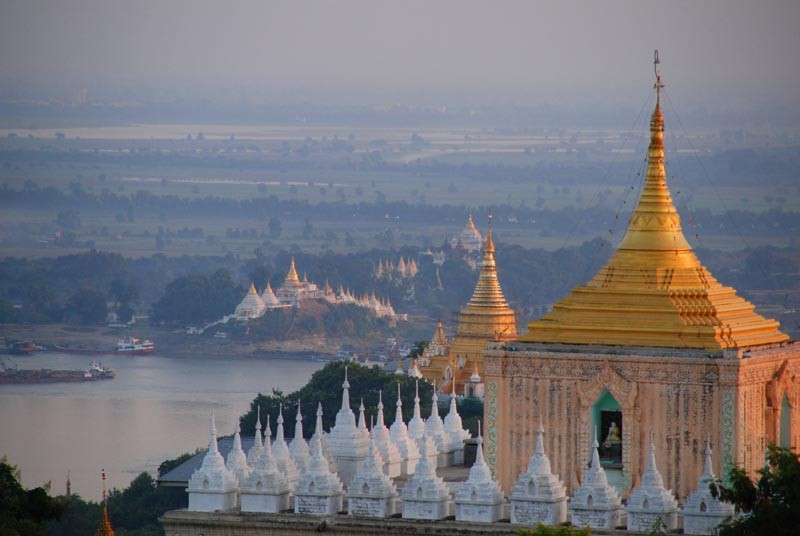Myanmar’s Military Rulers Admit Upcoming Election Will be Incomplete

“We can’t hold the election everywhere 100%,” military junta chief Min Aung Hlaing admitted in a speech broadcast on state television this week.
The admission — a gross understatement given the junta’s tiny and disjointed areas of control throughout the country — came days after meeting with representatives from the ASEAN regional bloc and is the first time he has admitted that a full election is not possible.
The most recent data indicates that the junta controls only about 21% of territory, compared to 42% controlled by rebel militants. The military has not fared well in years of back-and-forth fighting, despite its superior arms and nearly exclusive control of the airspace, which it uses to bomb villages and civilian gatherings in ethnoreligious minority areas.
More than 3 million people have been displaced since the military overthrew the country’s civilian government in 2021, according to U.N. figures. More than 7,000 people have been killed, while the Assistance Association for Political Prisoners has documented 29,838 arrests during the same time.
The junta, which has used emergency powers to suppress dissent and postpone elections since seizing power in 2021, declared an end to the state of emergency on July 31.
“The state of emergency is abolished,” a junta spokesperson said at the time, “in order for the country to hold elections on the path to a multiparty democracy.”
The country’s military rulers see the vote as a potential step toward legitimizing their rule and their best chance at gaining broad international recognition. While Russia, China, and India have supported the junta both internally and on the international stage, few countries globally have recognized the regime, and it remains sidelined by ASEAN, a key regional bloc.
Analysts warn the election is likely to be a sham, designed to consolidate the junta’s power. The regime controls only a limited portion of the country and lacks the logistical capacity to conduct free and fair elections in opposition-held areas. It has imprisoned or killed thousands of opposition figures, pro-democracy activists, and journalists, and has shown no signs of easing restrictions ahead of the vote.
A 2024 census — framed as a step toward the election — failed to collect data from at least 40% of the country.
In March, the U.S. Commission on International Religious Freedom (USCIRF) released a report criticizing the Tatmadaw for its systematic repression of religious minorities and urging the international community to increase attention to the plight of the persecuted in Myanmar.
“The country has seen the displacement of over 3.5 million people in recent years,” the USCIRF report noted, “including more than 90,000 in Christian-majority Chin State, 237,200 in Kachin State, and one million Muslim-majority Rohingya refugees.”
Though a large majority of the population is ethnic Burman, and an even greater percentage is Buddhist, the communities that make up the remainder are well-established, well-organized, and for the most part predate the formation of the modern state by centuries.
In many cases, Myanmar’s ethnic minorities have taken on a distinct religious identity as well. About 20% to 30% of ethnic Karen are Christians, while other groups — such as the Chin — are more than 90% Christian. This overlap of ethnic and religious identity has created a volatile situation for believers.
Representing an extremist interpretation of Buddhism, the Burmese military has a long history of violence against the people of Myanmar, including against ethnic and religious minorities like the Muslim-majority Rohingya and Christian-majority Chin.
The junta is known to abduct children, forcing them to walk ahead of their troops through minefields. In many cases, their victims are members of ethnic and religious minority communities fighting back against the atrocities of a military that has waged a decades-long war of ethnic and religious cleansing.
To read more news stories, visit the ICC Newsroom. For interviews, please email [email protected]. To support ICC’s work around the world, please give to our Where Most Needed Fund.
